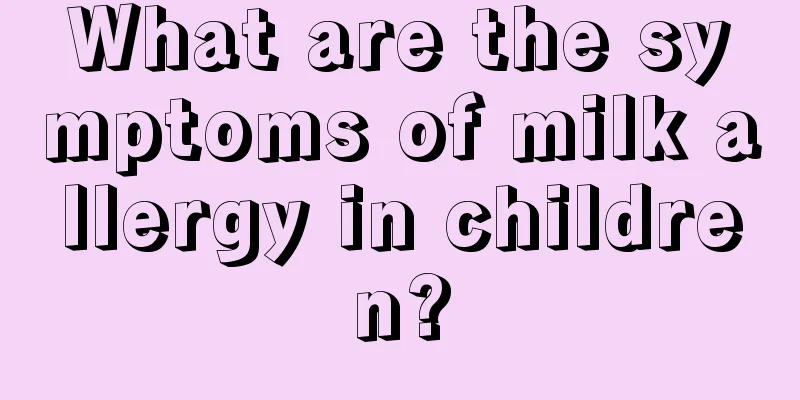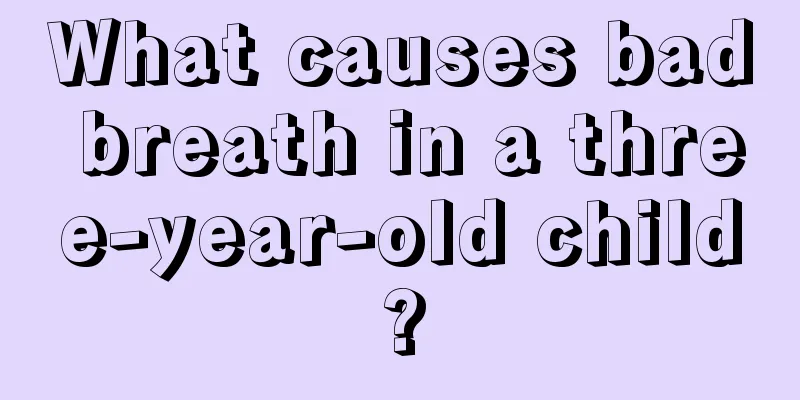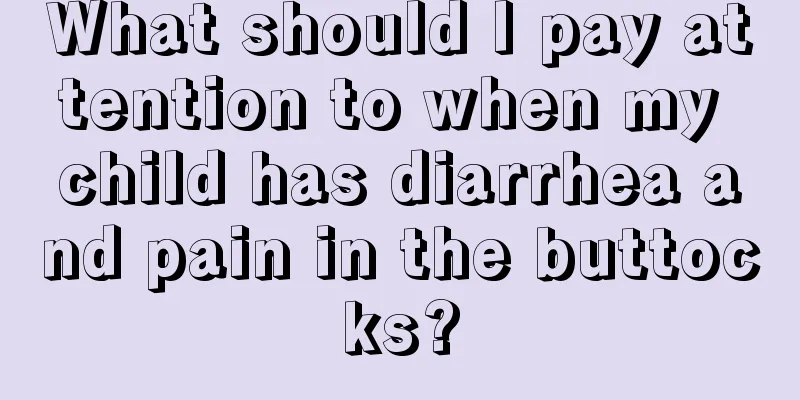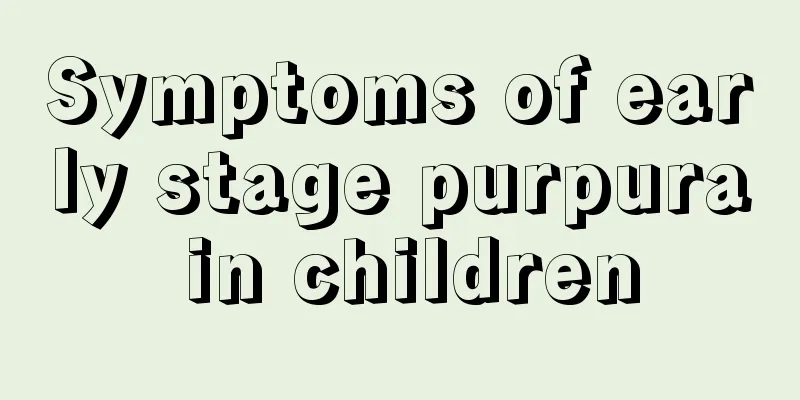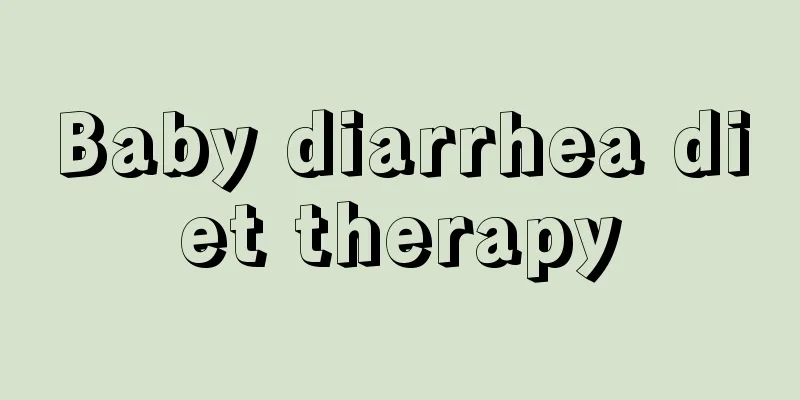How to treat mycoplasma infection in children?
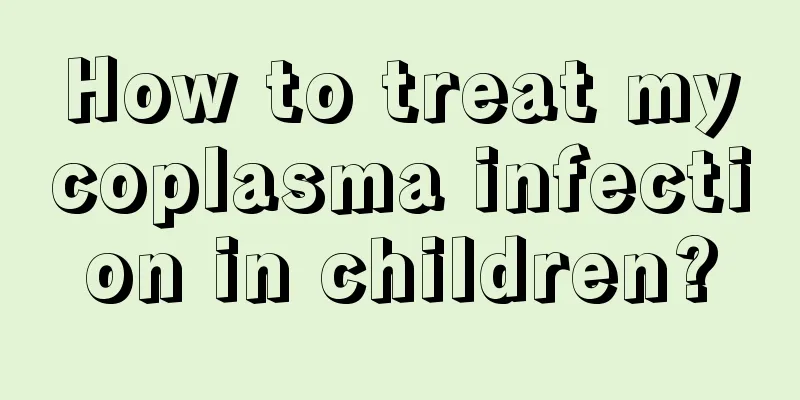
|
When children unfortunately suffer from mycoplasma infection in children, parents feel anxious about it. Parents don’t know much about medicine. They are afraid that blindly believing in treatment will delay their children’s condition, and they are even more afraid that the excessive toxic side effects of the drugs will affect their children. Therefore, it is particularly important to know the treatment methods and home care measures for mycoplasma infection in children. So how to treat mycoplasma infection in children? Diagnosis of Mycoplasma pneumonia: Mycoplasma pneumonia usually has a slow onset, an incubation period of 1 to 3 weeks, and fever. The prominent symptom is an irritating cough. The cough is dry at the beginning and then turns into a stubborn and severe cough with no sputum or a small amount of sticky sputum. The cough is especially obvious at night and some are similar to whooping cough. Older children will complain of sore throat, chest tightness, and pain under the sternum. Infants and young children have an acute onset and severe condition, with prominent symptoms including difficulty breathing, shortness of breath, and wheezing in both lungs. Chlamydial pneumonia has an insidious onset, usually without fever, and only mild respiratory symptoms, such as runny nose, nasal congestion, and cough. The cough may persist and gradually worsen, with whooping cough-like paroxysms and rapid breathing as typical symptoms. Home care tips: 1. Get more rest and pay attention to indoor ventilation to keep the air fresh; control the humidity at around 60% to prevent respiratory secretions from drying out and making them difficult to cough out. 2. Pay attention to diet and nutrition, encourage children to drink plenty of water, eat nutritious and easily digestible food, and eat small meals frequently. 3. Since Mycoplasma pneumonia is contagious, children must be isolated during the illness. Children with Mycoplasma pneumonia should not go to daycare or school to prevent infecting other children. 4. When fever occurs, physical cooling should be the main approach. If the body temperature exceeds 38.5℃, antipyretic drugs can be added. 5. Tell your children to cover their mouths with a handkerchief or paper when they cough, and not to spit anywhere to prevent germs from polluting the air and infecting others. 6. Pay attention to climate changes and add or remove clothes for your children in time. 7. The preferred drug should not be injected intramuscularly The above is the editor’s answer to this question. I believe everyone has a certain understanding of it. It should be noted that when a child shows symptoms, the first thing to do is to send the child to the hospital for diagnosis and treatment, and trust the doctor's judgment. The doctor will decide on a treatment plan based on your child's condition, whether to use oral or intravenous medication. |
<<: What are the dietary treatments for infant bronchitis?
>>: What foods are difficult for babies to digest?
Recommend
8 What to do if children vomit or have diarrhea
Diarrhea is a common problem for infants and youn...
What to do if your baby has a low-grade fever and cough
Now many parents report that their babies’ low-gr...
Reasons why babies frequently wake up at night
Babies sleep longer than adults because they are ...
Children's vision loss
We all know that a baby's declining eyesight ...
Reasons for shortness of breath in babies
The sound and frequency of breathing actually hav...
How to make fancy steamed buns for children
Steamed buns are a kind of pasta that we eat freq...
How to treat hernia in children?
Hernia in children is a relatively common disease...
What material is good for baby bottles
When choosing baby products, parents will pay spe...
7 nutrients to improve your baby's intelligence
A healthy diet can improve brain development. Whi...
What should you pay attention to if you have scarlet fever?
Penicillin is the first choice for scarlet fever,...
What should I do if a boy loses his hair?
Adolescent boys grow and develop rapidly, and it ...
What to do if your baby has green stools for a long time
The health of the baby is very important. Childre...
What are the symptoms of lead poisoning in children?
There are many problems a child will encounter as...
Dietary supplements for children with anemia
Children often have symptoms of anemia. I'm s...
How to care for a baby who drools for more than two months
In the newborn period, babies generally do not dr...

